NHLBI
-

Study finds natural compound extends lifespan of worms
A compound found in buckwheat seeds extends the lifespan of worms, Vanderbilt investigators have discovered. Read MoreOct 20, 2016
-

Effort set to help sickle cell patients manage meds
Vanderbilt University Medical Center is part of a 6-year, $4.4 million grant from the National Institutes of Health to improve the use of prescribed medication by sickle cell patients. Read MoreSep 22, 2016
-

Risk factors for delirium
High levels of blood markers for vascular endothelial dysfunction were associated with longer periods of confusion in ICU patients, Vanderbilt researchers have discovered. Read MoreSep 13, 2016
-

Going after the ‘heart attack gremlin’
A protein called Gremlin 2 controls the extent of inflammation after heart attack and may be a good therapeutic target. Read MoreSep 8, 2016
-
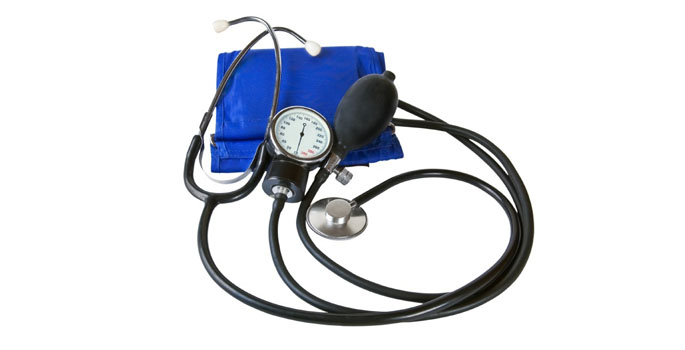
Nervous system’s role in hypertension
Increased activity of the “fight or flight” nervous system contributes to obesity-associated hypertension and may be a good therapeutic target for the disease. Read MoreAug 29, 2016
-
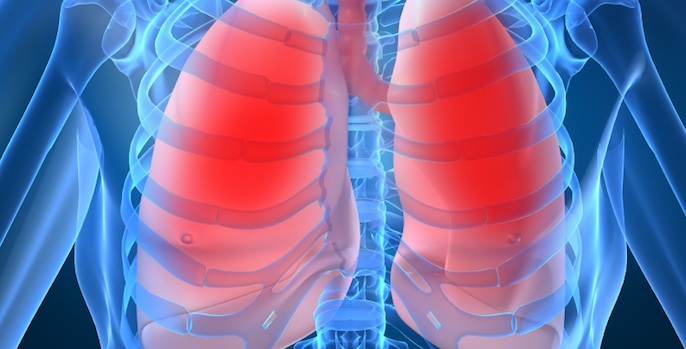
Major grant enhances pulmonary fibrosis research
Vanderbilt University Medical Center (VUMC) has received an $11 million program project renewal grant from the National Heart, Lung and Blood Institute to study the genetics and underlying biological mechanisms that lead to idiopathic pulmonary fibrosis (IPF). Read MoreAug 18, 2016
-

In search of new asthma therapies
A peptide molecule relaxes airway smooth muscle and may be a potential therapeutic for asthma that has become resistant to standard therapies. Read MoreAug 15, 2016
-

Marrow cells’ role in pulmonary hypertension explored
Cells from the bone marrow participate in the development of pulmonary arterial hypertension (PAH), and they can also protect against it, according to new findings from a team of Vanderbilt University Medical Center investigators. Read MoreJul 28, 2016
-

Study shows opioids increase risk of death when compared to other pain treatments
Long-acting opioids are associated with a significantly increased risk of death when compared with alternative medications for moderate-to-severe chronic pain, according to a Vanderbilt study released today in the Journal of the American Medical Assocation (JAMA). Read MoreJun 14, 2016
-

Uninsured heart attack patients more likely to be transferred to another facility: study
A new study finds that uninsured heart attack patients are more likely to be transferred. Read MoreJun 9, 2016
-
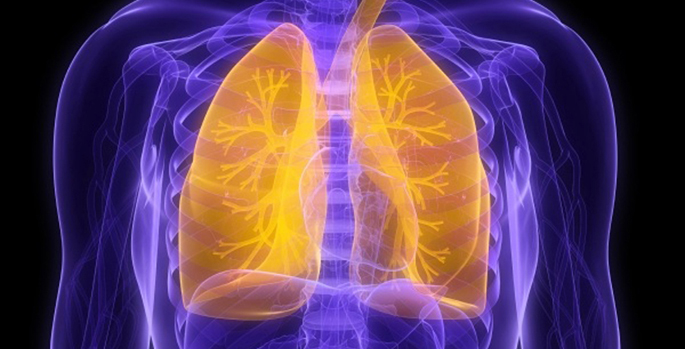
Pulmonary fibrosis culprits
New findings identify isoketal-modified proteins as a previously unrecognized feature of pulmonary fibrosis and as a potential therapeutic target for this disease. Read MoreJun 6, 2016
-

Pregnancy-related heart disorder clues
Vanderbilt researchers have identified biomarkers that could be useful for evaluating and treating pregnancy-related heart failure. Read MoreJun 3, 2016
-
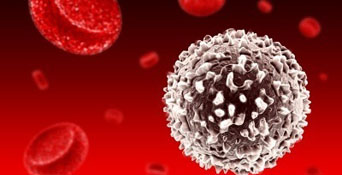
Improving natural killer cancer therapy
A newly discovered mechanism that helps cancer cells avoid destruction by immune system cells may improve immunotherapies. Read MoreApr 29, 2016
-
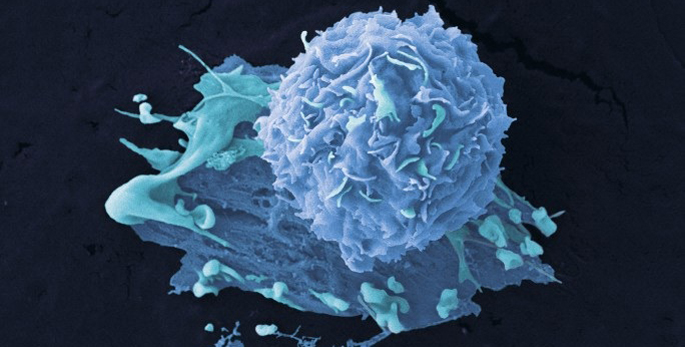
Switching breast cancer off
Signaling by a receptor that is overexpressed in aggressive forms of breast cancer has been linked to glutamine metabolism, suggesting new anti-cancer therapeutic targets. Read MoreApr 14, 2016
-

Immune defenses in asthma
Vanderbilt researchers show that a certain factor negatively impacts the first-line responder cells in the lungs, providing one explanation for why patients with asthma are at greater risk for invasive bacterial disease. Read MoreApr 5, 2016
-

Readmission prediction face-off
Using patients’ health records to assess preparedness for hospital discharge is more effective at predicting readmission or death than commonly used questionnaires. Read MoreMar 23, 2016
-

Hypertension hiatus
New findings offer a potential strategy for preventing heritable pulmonary arterial hypertension. Read MoreFeb 23, 2016
-

New method aids heart disease studies, drug discovery efforts
A team of Vanderbilt investigators developed a new method for rapidly generating heart muscle cells from stem cells. Read MoreJan 14, 2016
-

Platelet protein modification
Vanderbilt investigators have identified a new biomarker to assess platelet function. Read MoreJan 13, 2016
-

Detect and defend against pathogens
Understanding factors, such as the receptor TLR9, that detect and defend against pathogens may lead to therapeutic approaches that promote an effective immune response to treat infections. Read MoreNov 4, 2015